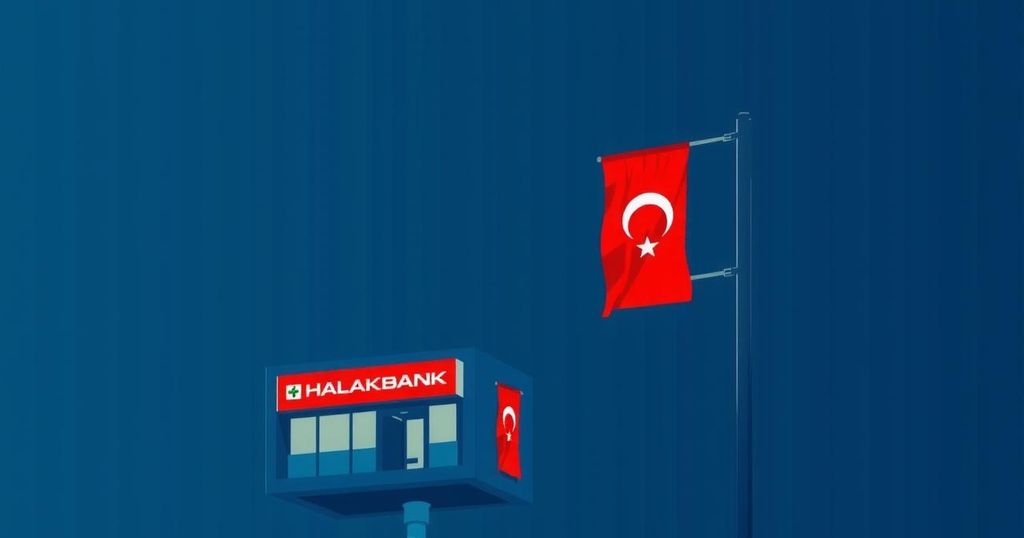Halkbank’s Immunity Denied by U.S. Court in Sanctions Evasion Case
The 2nd U.S. Circuit Court of Appeals ruled that Turkey’s Halkbank is not immune from prosecution concerning allegations of assisting Iran in evading U.S. sanctions, clarifying that foreign state-owned corporations can face U.S. legal action for criminal activity associated with their commercial endeavors.
On Tuesday, a U.S. appeals court determined that Turkey’s state-owned bank, Halkbank, would not be granted immunity from U.S. prosecution pertaining to allegations of facilitating Iran’s evasion of American sanctions. The ruling, issued by the 2nd U.S. Circuit Court of Appeals in Manhattan, stated that there is no legal foundation in common law that affords absolute immunity to foreign state-owned corporations against U.S. criminal charges linked to their commercial activities.
The ruling against Halkbank comes amidst ongoing U.S. efforts to enforce sanctions against Iran, which are intended to restrict its nuclear program and other activities deemed threatening to regional and global stability. Banking institutions such as Halkbank have faced scrutiny and legal challenges in the past for their involvement in facilitating transactions that circumvent these sanctions. This court decision has significant implications for foreign banks operating under U.S. jurisdiction, underscoring the U.S. commitment to international law enforcement against financial crimes and sanctions violations.
The U.S. appeals court’s refusal to grant immunity to Halkbank reinforces the principle that foreign state-owned entities are subject to U.S. law, particularly in cases of alleged criminal conduct linked to sanctions evasion. This ruling reflects a broader U.S. strategy to hold both domestic and foreign institutions accountable for compliance with its financial regulations, with potential implications for future international banking operations. As global economic dynamics evolve, this case serves to emphasize the intersection of international finance and U.S. foreign policy.
Original Source: www.jpost.com




Post Comment